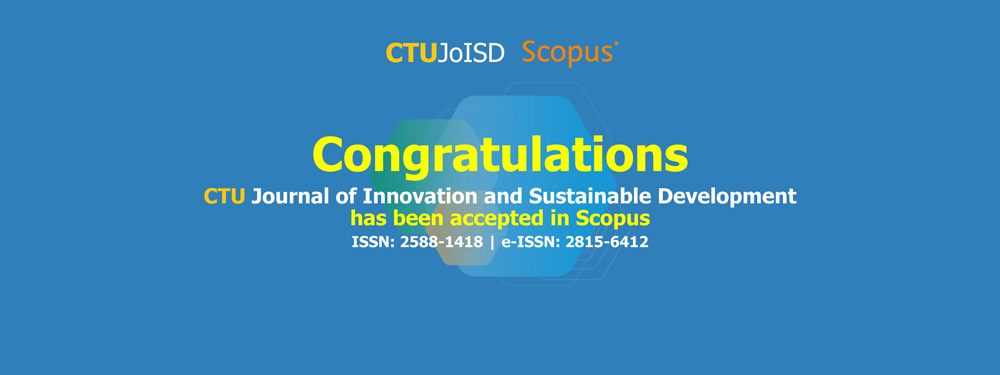|
In both traditional and modern Vietnamese medicine, Adenosma bracteosum Bonati is employed for the treatment of hepatitis, lung ailments, and liver disorders. Bacteria that reside within the cells of medicinal plants, use unique strategies to enhance the growth and survival of their host plants, often through distinctive secondary metabolites, are known as symbiotic or endophytic bacteria. In this study, the objective was to find bacterial endophytes with antibacterial properties. Fifty-eight endophytic isolates were obtained from the wild medicinal plant A. bracteosum. They were assessed for their in vitro antibacterial activities against common pathogenic bacteria, including Escherichia coli, Staphylococcus aureus, Aeromonas hydrophila, Vibrio parahaemolyticus, and Dickeya dadantii. Twelve isolates with broad antibacterial activity produced siderophores and lytic enzymes, with SB1R13.2 showing the greatest resistance against all five pathogenic bacterial strains, producing siderophores and synthesizing digestive enzymes. According to the 16S rDNA sequences, the SB1R13.2, SB4R5, and SB5T2 isolates demonstrated the most similar genetic affinity to Bacillus velezensis. Meanwhile, the SB4R2 isolate exhibits genetic similarity to Burkholderia sp. These findings suggest that this specific species, with its broad-spectrum antibacterial properties, holds significant potential as a promising agent for biological control and the treatment of diseases in humans and other organisms.

